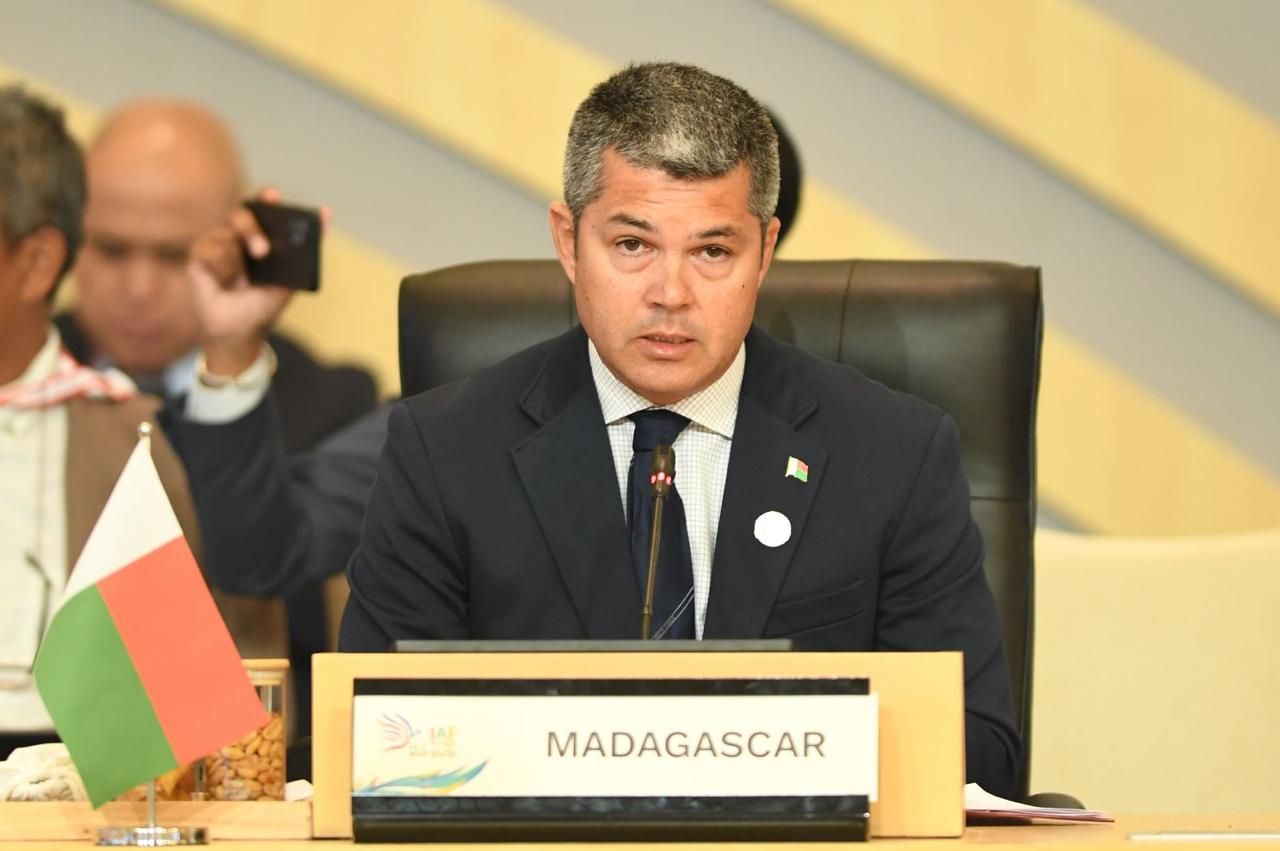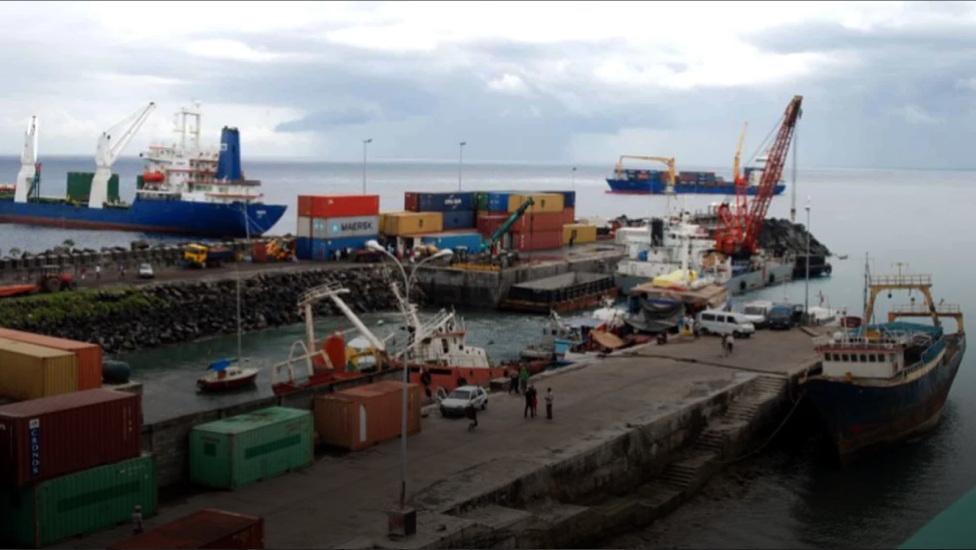In a move that has sent shock-waves through Madagascar’s export sector, the United States has imposed a staggering 47% tariff on Malagasy products, effective April 9, 2025. This development threatens to upend the island nation’s economy, particularly its textile and vanilla industries, which have long benefited from preferential access to the U.S. market under the African Growth and Opportunity Act (AGOA).
The Genesis of the Tariffs. On April 2, 2025, President Donald Trump declared a national emergency to address the persistent U.S. trade deficit. Invoking the International Emergency Economic Powers Act (IEEPA), he authorized a blanket 10% tariff on all imports, with significantly higher rates for specific countries. Madagascar found itself among the hardest hit, facing a 47% tariff on its exports to the U.S.
This decision aligns with the administration’s broader protectionist stance, aiming to bolster domestic industries by discouraging imports. However, the formula used to determine these tariffs has been shrouded in mystery, with officials providing conflicting accounts of its origins.
Potential Repercussions on the U.S. Market. David Ralambofiringa, Madagascar’s Minister of Industrialization and Trade, has voiced concerns not only for his nation’s economy but also for American businesses. He warns that the steep tariffs will likely lead to increased prices for Malagasy goods in the U.S., adversely affecting American companies that rely on these imports. Many of Madagascar’s exports, such as textiles and vanilla, undergo further processing in the U.S., contributing to local employment and offering affordable products to American consumers. The heightened tariffs could disrupt these supply chains, leading to job losses and higher prices.
Ralambofiringa’s concerns are grounded in economic principles. Tariffs typically increase the cost of imported goods, which can lead to higher prices for consumers and potential disruptions in industries dependent on these imports. In the case of Madagascar, the U.S. imports significant quantities of textiles and vanilla. The textile sector, in particular, has flourished under AGOA, providing affordable apparel to the U.S. market. Disruptions in this supply chain could compel American companies to seek alternative sources, potentially at higher costs, which may be passed on to consumers.
Madagascar’s Strategic Responses. In light of these challenges, Madagascar is exploring several avenues, amongst which diplomatic engagement seems the most practical. The Malagasy government has initiated dialogues with U.S. officials, including the Senate, Congress, and the U.S. Trade Representative, to advocate for the continuation of AGOA benefits and to seek exemptions from the new tariffs. Ralambofiringa emphasizes the importance of bilateral discussions to highlight the mutual benefits of sustained trade relations. Secondly, Madagascar plans to collaborate with American businesses that have vested interests in Malagasy imports. By highlighting the potential negative impacts on these companies, Madagascar hopes to build domestic pressure within the U.S. to reconsider the tariff imposition.
Recognizing the risks of over-reliance on a single market, Madagascar is intensifying efforts to diversify its export destinations. This includes strengthening ties with European Union countries, regional African markets, and emerging Asian economies. Finally, Antananarivo is focusing on improving the quality and competitiveness of Malagasy products. Investments in infrastructure, technology, and skills development are being prioritized to make exports more attractive to a broader range of international buyers.
AGOA, set to expire in September 2025, has been instrumental in facilitating trade between the U.S. and sub-Saharan African countries. The recent tariff impositions cast a shadow over its renewal prospects. While some experts view the tariffs as signaling the end of AGOA, others believe there remains a window for negotiation. The coming months will be critical in determining the future trajectory of U.S.-Africa trade relations.
The imposition of a 47% tariff on Malagasy goods by the U.S. presents significant challenges for Madagascar’s economy and poses potential repercussions for American businesses and consumers. While the concerns raised by Minister Ralambofiringa are valid, the effectiveness of Madagascar’s response strategies remains to be seen. As the global trade landscape continues to evolve, proactive and collaborative approaches will be essential in navigating these turbulent times.
Photo – David Ralambofiringa, Madagascar’s Minister of Industrialization and Trade




